In the midland and semi-mountainous region of Bac Ninh province, among rows of modern and tidy livestock farms, the bird species once used as a "royal tribute" - the Chinese flamingo, is gradually reviving and opening a new direction for local agriculture .
The pioneer of this model is Mr. Pham Van Hung, a farmer in Nghia Phuong commune.
The chance to come across this bird species was quite accidental. Local people discovered the mother bird breeding on the banks of a pond, near the grass and brought the eggs back to incubate. Realizing the potential of this bird species, with experience in breeding, Mr. Hung began to buy eggs and baby birds to experiment with breeding, study biological habits, nutrition and gradually form a systematic economic model from wild birds.
“I am used to raising chickens and ducks, but poultry is a species on the list of wild animals, so it requires in-depth knowledge, clear licenses and strict breeding processes,” Mr. Hung shared.
Mr. Pham Van Hung takes care of baby magpie birds.
With an area of 17,000 m2, his farm is currently home to nearly 10,000 parent birds. Every year, about 40,000 birds are bred and supplied to the market, mainly to high-end restaurants and hotels across the country.
The model of raising ginseng birds is not only biologically effective but also brings outstanding economic value. A ginseng bird egg costs from 100,000 to 200,000 VND. An adult bird can be sold for nearly 1 million VND, even higher when in short supply. A pair of purebred, healthy birds costs up to more than 2 million VND.
Mr. Hung commented that the ginseng farming model brings high economic efficiency, with an average annual profit of over 1 billion VND - a dream number for a household-scale agricultural model.
"Every day, only 2 workers are enough to operate the farm such as feeding, cleaning the cages and collecting eggs. The work is steady and the income is good," Mr. Hung revealed.
The bird belongs to the group of waterfowl, and is able to adapt well to artificial breeding environments. According to Mr. Hung, this bird species is quite easy to raise, has few diseases and does not require complicated care techniques. Newly hatched chicks have a high survival rate and can feed themselves. The main food is chicken and duck bran combined with green vegetables such as water hyacinth, bean sprouts, etc.
Poultry belongs to the group of waterfowl, has the ability to adapt well to artificial breeding environment.
The growth period of the birds is also short, only about 3 months before they can be sold, helping breeders to quickly turn over capital, minimize risks and easily expand the model.
However, raising ginseng requires not only techniques and markets but also legal compliance. Because they are wild animals, breeders need to have full legal documents such as certificates of origin of breeds, breeding facility codes, periodic inspections and confirmation from forestry agencies.
Mr. Hung’s farm is one of the few establishments that fully implemented these requirements from the beginning. Therefore, the farm’s products are not only welcomed by the domestic market but also have the potential for export.
“We strictly follow vaccination and quarantine procedures and are transparent in all livestock farming activities. Doing it right from the start helps me go the long way without worrying about legal risks,” Mr. Hung shared.
Not only does he enrich himself, Mr. Hung also actively encourages local people to join in raising ginseng in a chain. He is willing to share breeds, techniques and market orientation to form a concentrated breeding area, ensuring quality and stable output.
Source: https://vietnamnet.vn/nong-dan-bac-ninh-hoi-sinh-loai-chim-quy-hiem-tro-thanh-ty-phu-2422131.html


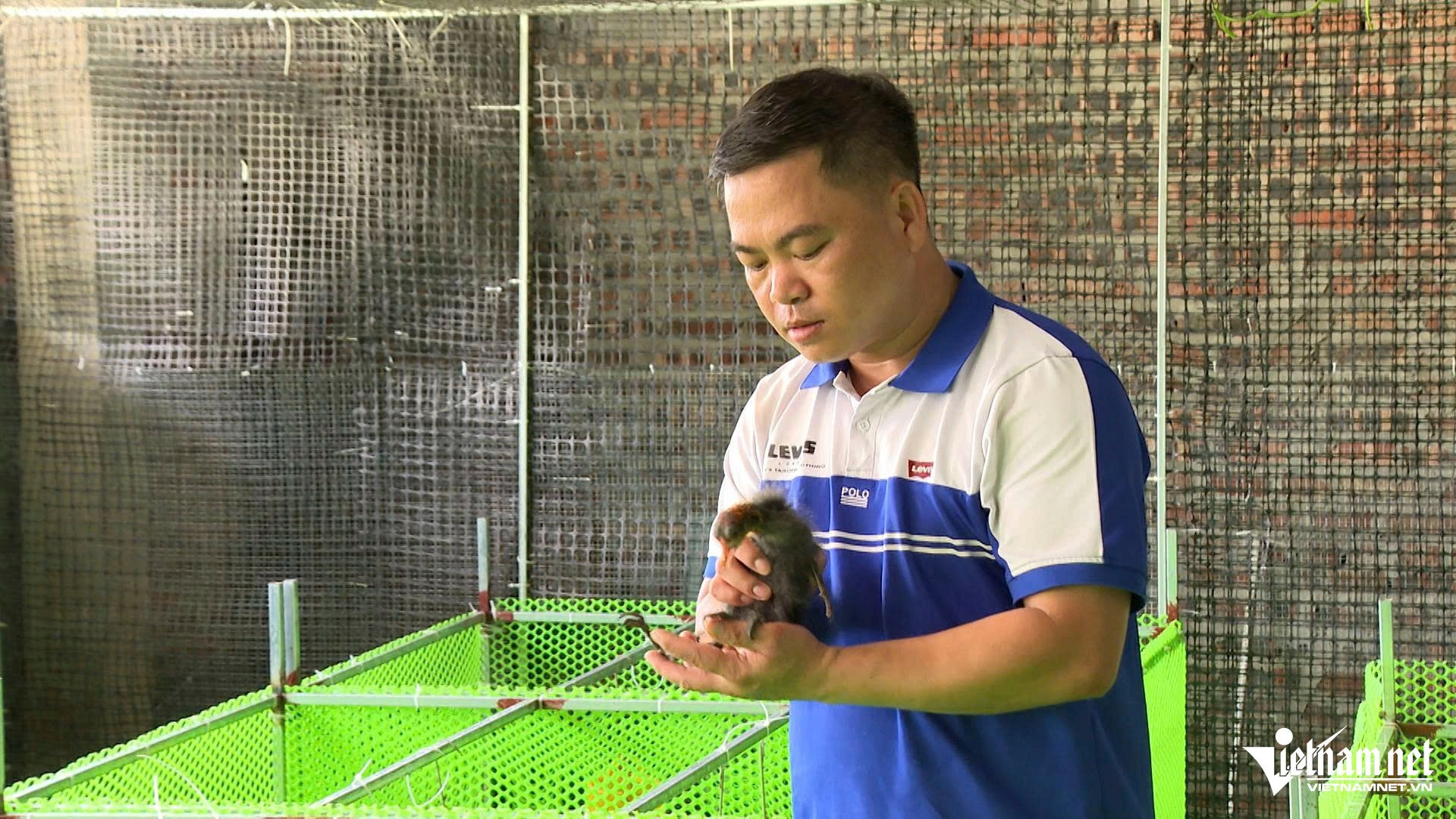
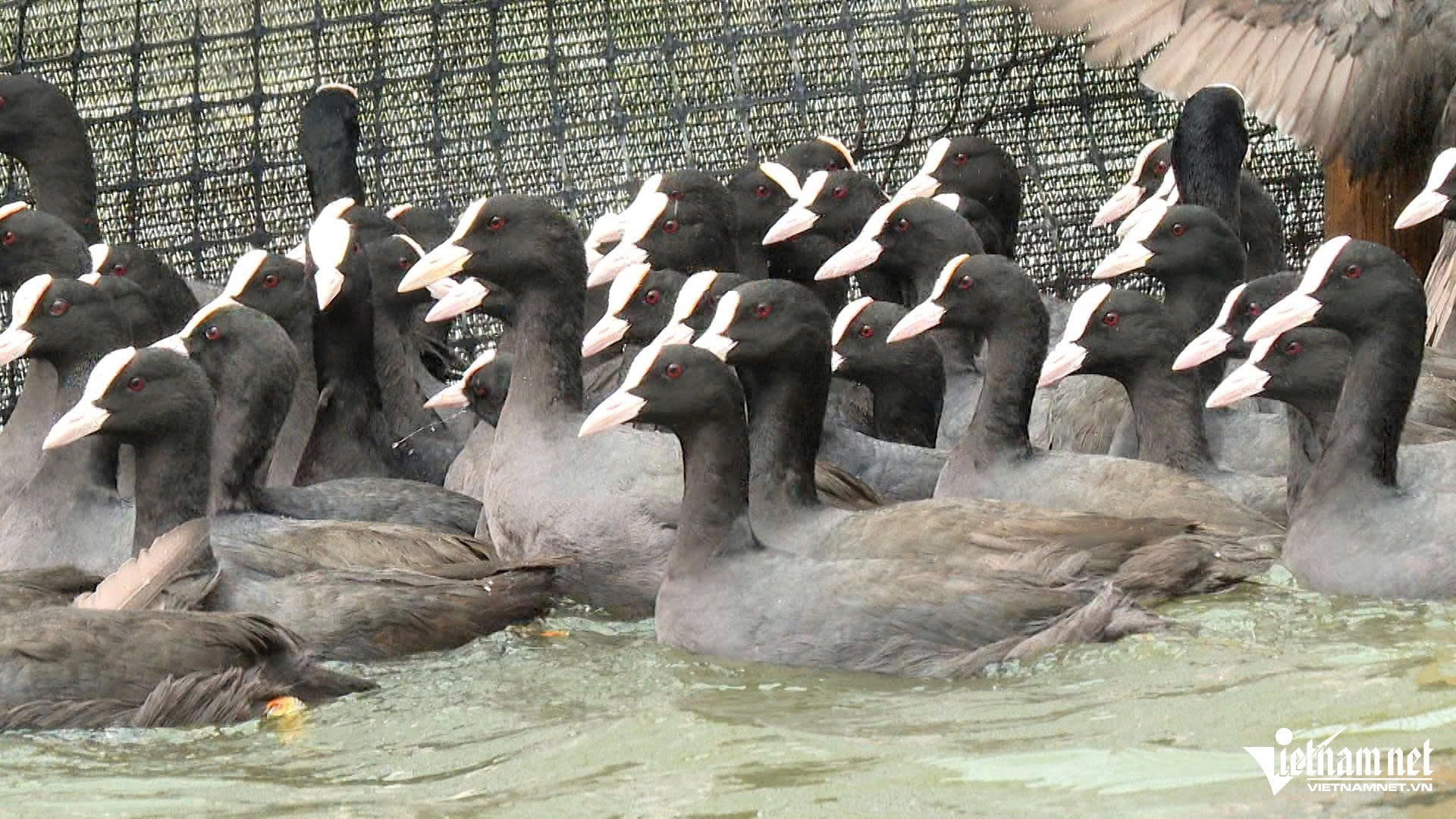



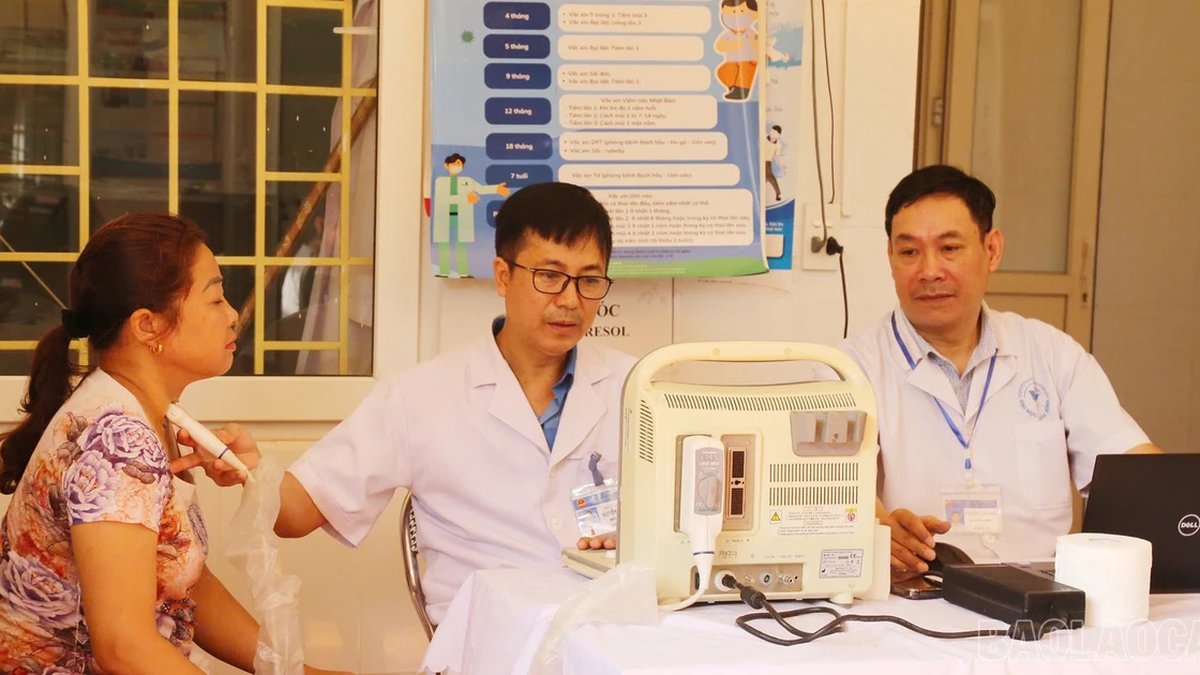


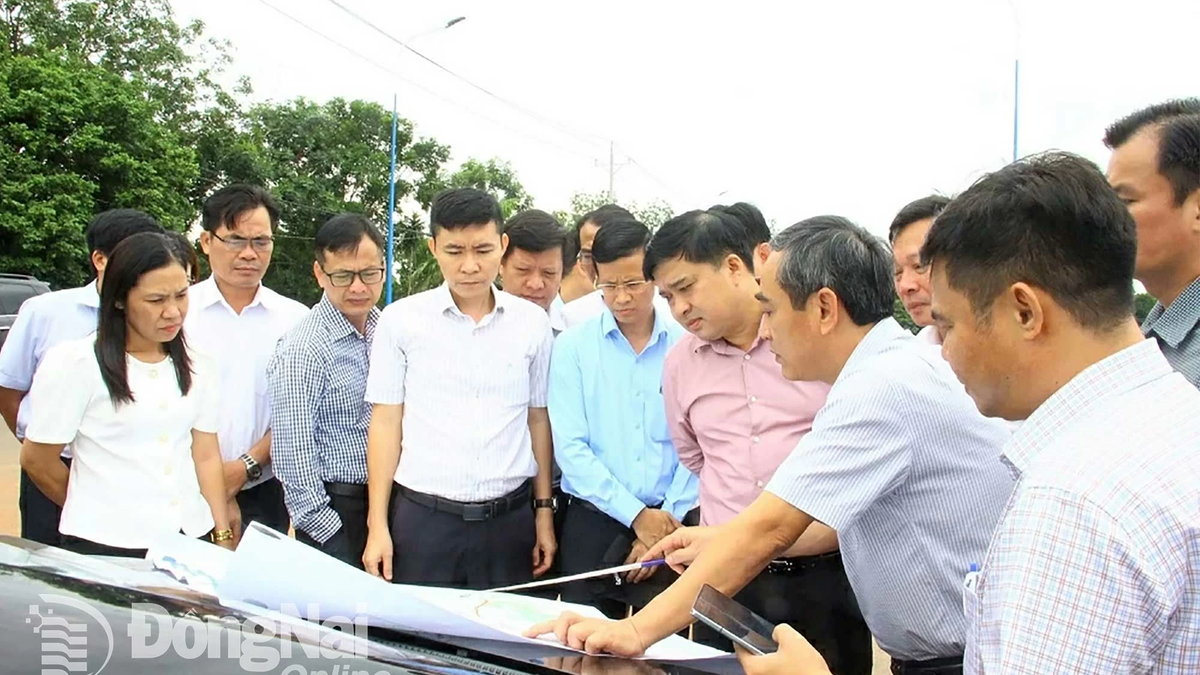
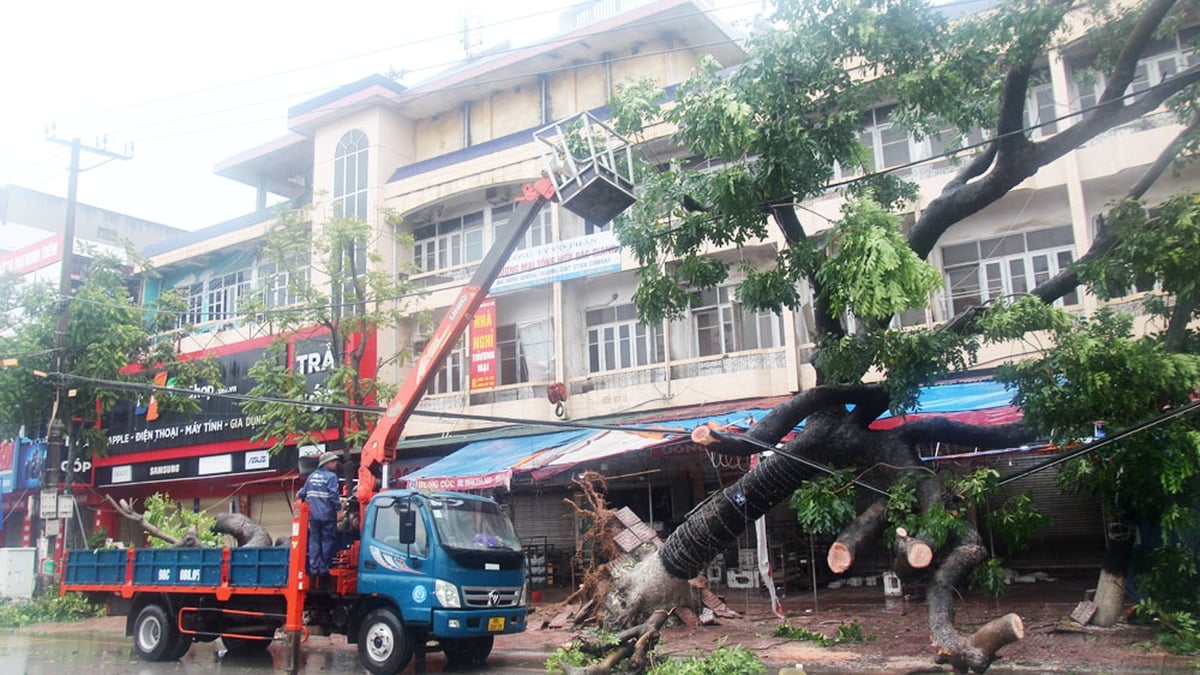



































































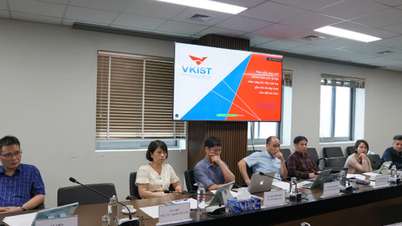

















![[Infographic] In 2025, 47 products will achieve national OCOP](https://vphoto.vietnam.vn/thumb/402x226/vietnam/resource/IMAGE/2025/7/16/5d672398b0744db3ab920e05db8e5b7d)





Comment (0)